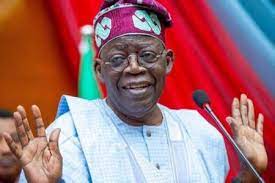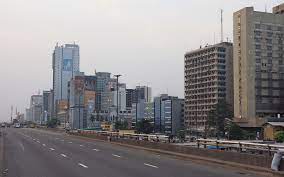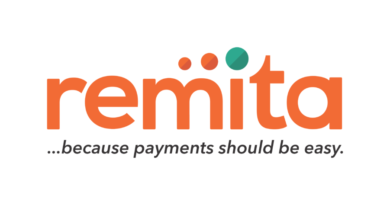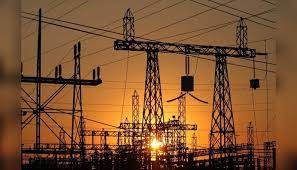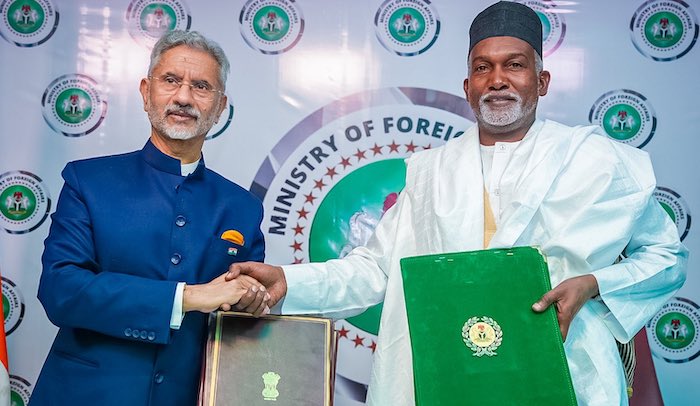Marketers Concerned as Fuel Imports Hit N6tn in Five Months
Despite Nigeria increasing its local refining capacity, major oil marketers are still importing large amounts of fuel. Reports show that 6.38 billion litres of petrol and diesel were imported in just five months, costing about N6tn. This has put more pressure on the country’s foreign exchange.
Independent petroleum marketers and retailers are unhappy with the continued importation. Their associations, including the Independent Petroleum Marketers Association of Nigeria and the Petroleum Products Retail Outlet Owners Association of Nigeria, argue that Nigeria now has enough refining capacity to meet local demand.
According to a report in The PUNCH, ships carrying fuel into Nigerian ports between October 2024 and February 2025 brought in over 5.01 billion litres of petrol and 1.37 billion litres of diesel. Using the average prices of N900 per litre for petrol and N1,100 per litre for diesel, the total cost is estimated at N6.02tn.
Most of the imported fuel arrived at the Apapa and Tin Can seaports in Lagos, which received 3.86 billion litres. The Port Harcourt port handled 5.63 billion litres, Calabar received 1.39 billion litres, and Warri had the least, with 389.52 million litres.
Local Refining Capacity Grows
The Nigerian government announced in November 2024 that the Port Harcourt refinery had started producing petrol, diesel, and kerosene. This refinery, with a capacity of 210,000 barrels per day, is expected to boost local supply. In addition, the Warri refinery resumed operations in December, focusing on kerosene, diesel, and other products.
Earlier in the year, the 650,000-barrel-per-day Dangote Refinery also began operations, raising hopes that Nigeria would stop importing fuel. However, major marketers continue importing fuel to make up for local supply shortages.
Records show that aside from the NNPC, other companies involved in fuel importation include BOVAS, AA Rano, Matrix Energy, Ibeto, Rainoil, and AYM Shafa, among others. However, the NNPC claims it has not imported any fuel in 2025, relying only on local sources.
Marketers Oppose Continued Importation
Many marketers argue that importing fuel is hurting the economy. The National President of the Petroleum Products Retail Outlet Owners Association of Nigeria, Billy Gillis-Harry, said all stakeholders had agreed to stop importing fuel and focus on local refining. He questioned why some marketers are still importing.
“We all decided to support local production. Anyone importing now is not getting forex from the Central Bank because CBN does not have $600m to give for fuel imports,” he said.
Independent Petroleum Marketers Association of Nigeria spokesperson, Chinedu Ukadike, said IPMAN members are no longer importing fuel. Instead, they are sourcing locally from the NNPC and Dangote Refinery to promote Nigerian investments and job creation.
“We should be supporting Dangote, NNPC, and other local refineries. Importing fuel does not help our economy,” he said.
However, the Major Energies Marketers Association of Nigeria sees importation as necessary. Its Executive Secretary, Clement Isong, argued that fuel imports create market competition, which helps lower prices.
“What importation does is keep prices competitive. Local refiners have to match the prices of imported fuel, making sure consumers get the best rates,” he explained.
With Nigeria’s refining capacity improving, industry players remain divided on whether fuel imports should continue. While independent marketers push for full reliance on local production, major marketers believe importation ensures price stability.


